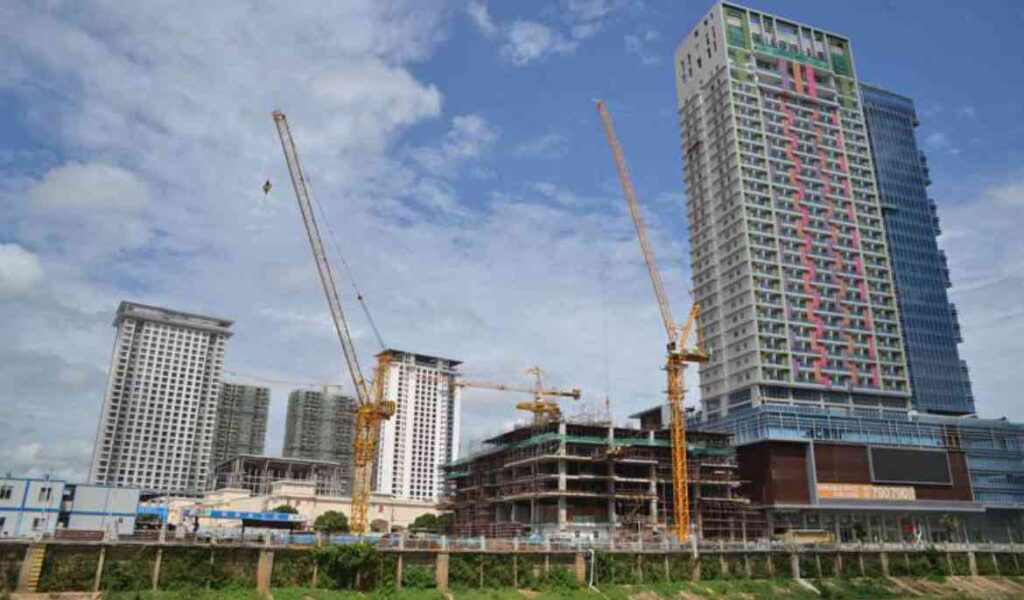The Royal Government is working to enhance the country’s investment climate by negotiating Double Taxation Agreements (DTAs) with six countries in the region and Europe.
While Cambodia has implemented DTAs with Singapore, China, Thailand, Brunei, Vietnam, Indonesia, China’s Hong Kong Special Administrative Region, Malaysia and South Korea, DTAs with China’s Macau Special Administrative Region and Turkey are in the process of ratification, said Aun Pornmoniroth, Deputy Prime Minister and Minister of Economy and Finance.
Cambodia is also engaged in negotiations with Myanmar, the United Arab Emirates, Japan, Morocco, Qatar and France, he said.
“The Royal Government of Cambodia has made significant efforts to create a conducive environment for international business and investment through active negotiations on Double Taxation Agreements with many countries in the region,” Pornmoniroth said at an event recently.
DTAs not only help to avoid double taxation but also play an important role in attracting foreign direct investment and increasing international competitiveness.
They also prevent or eliminate tax discrimination between local and foreign companies, providing mechanisms for resolving tax disputes, as well as mechanisms for exchanging information between state authorities on tax evasion.
In Cambodia, double taxation is eliminated by deducting from tax an amount equal to the tax paid in foreign countries by residents in the Kingdom.
Recently, Cambodia and Laos signed a memorandum of understanding agreeing to eliminate double taxation on income tax and prevent tax evasion and avoidance.
It was signed by Minister of Economy and Finance Aun Pornmoniroth and his Laotian counterpart Santiphab Phomvihane. This is Cambodia’s 12th DTA.
Negotiations are also progressing on the Cambodia-Philippines DTA which is scheduled to be signed and implemented in 2025.
These agreements aim to reduce double taxation and promote cross-border trade and investment, said Lim Heng, Vice President of the Cambodia Chamber of Commerce.
“These agreements will significantly improve the investment climate in Cambodia,” Heng told Khmer Times.
“By reducing tax burdens and simplifying tax procedures, DTAs will make Cambodia more attractive to foreign investors and businesses,” he said.
Cambodia has two institutions responsible for collecting taxes. One is the GDT, which focuses on interior taxes such as income tax, salary tax, value-added tax and property tax, and the other is the General Department of Customs and Excise (GDCE), which collects taxes on goods entering and leaving the country.
The government generated $2.9 billion in revenue from tax and customs in the first half of 2024, representing 46 percent of the target set for 2024.
While the GDT brought $1.7 billion, representing 48 percent of the target set for 2024, GDCE fetched $1.2 billion, representing 44 percent of the target.



